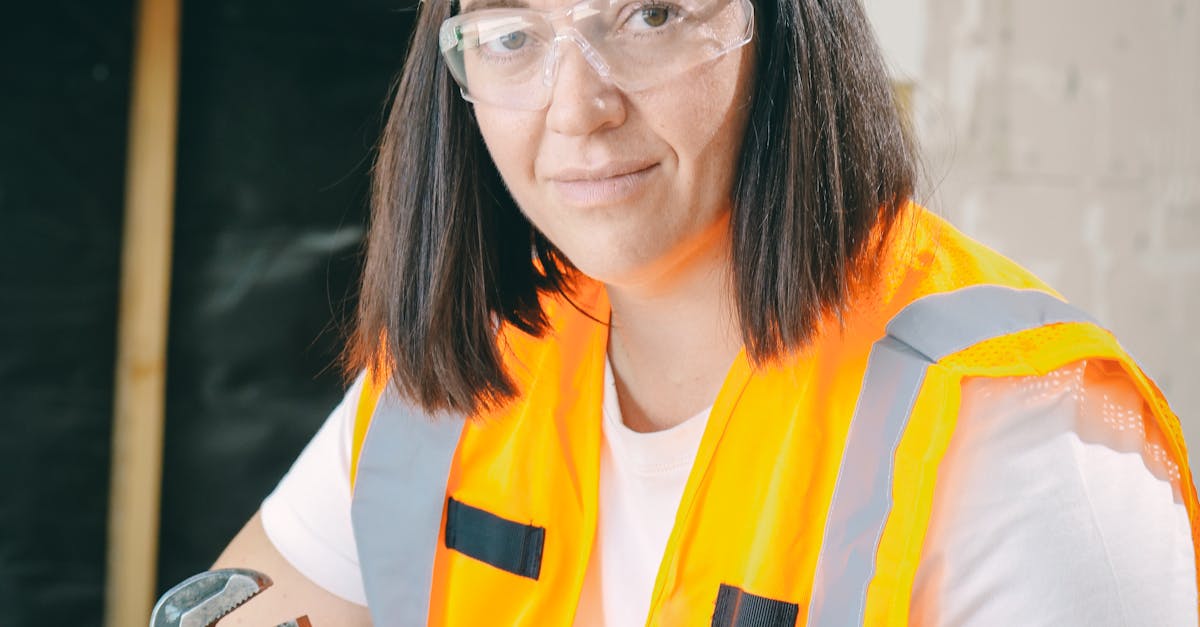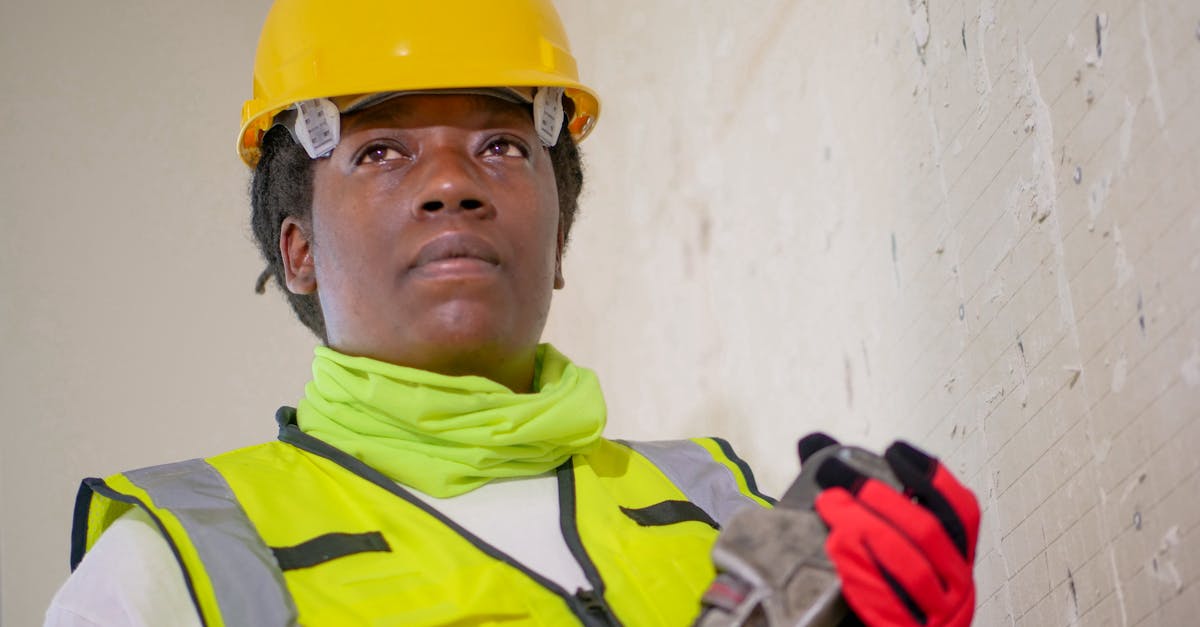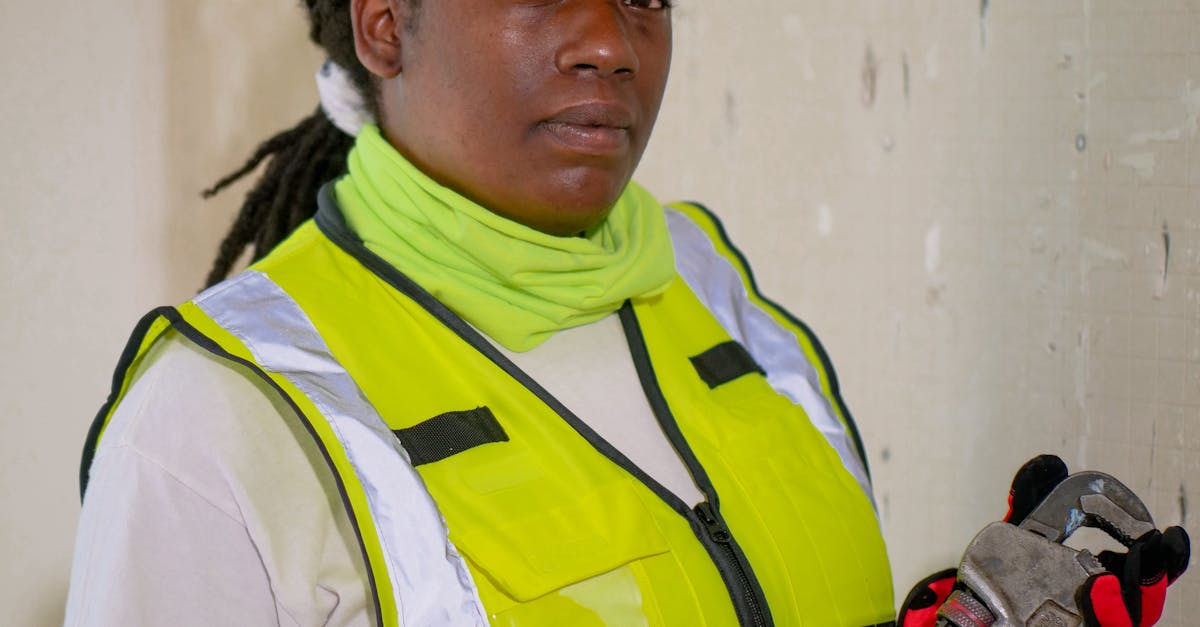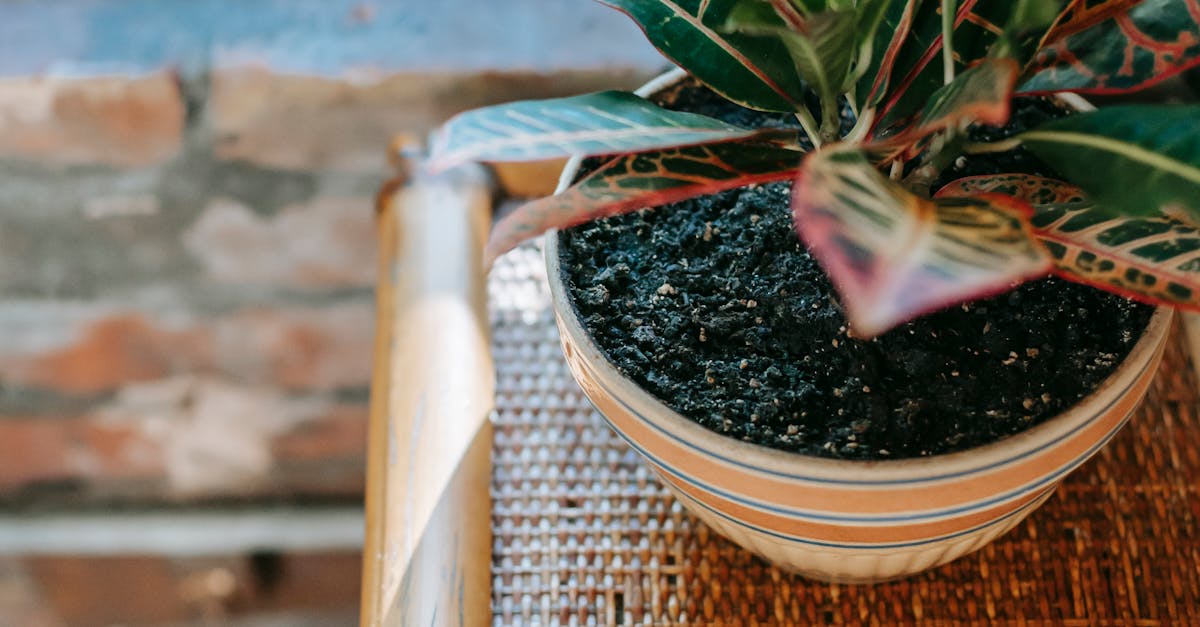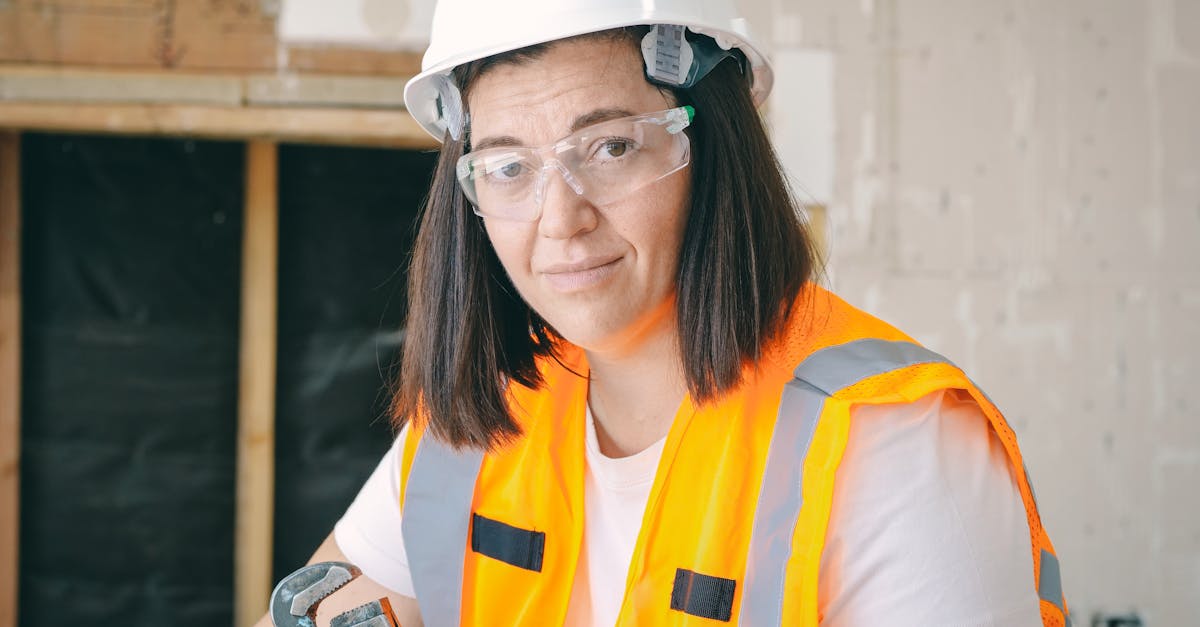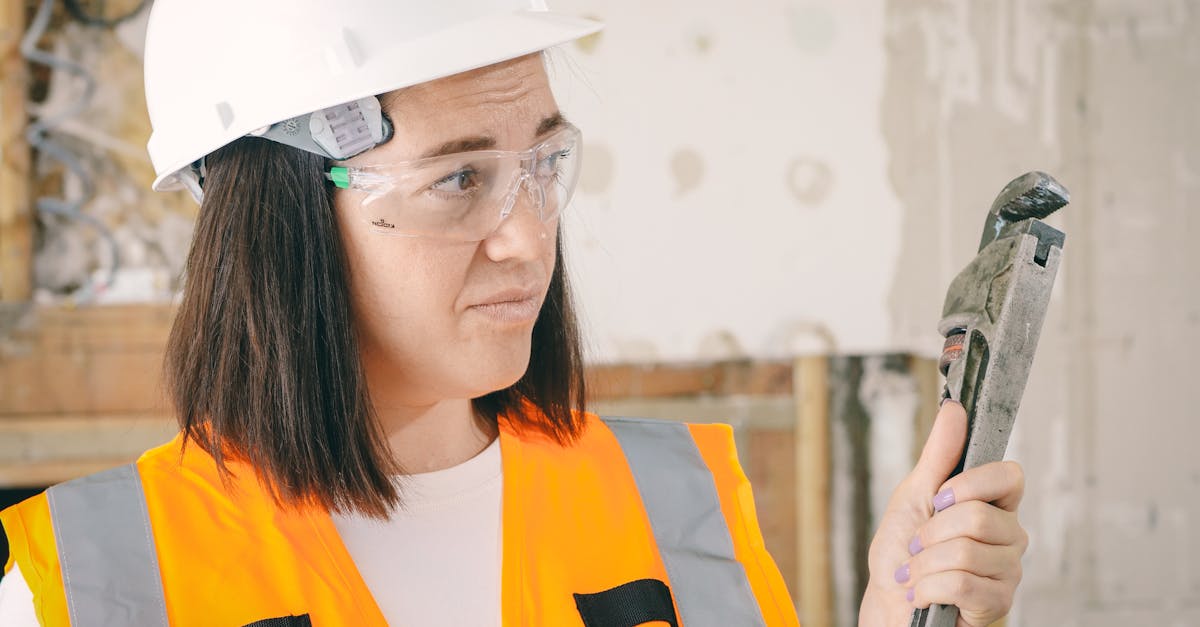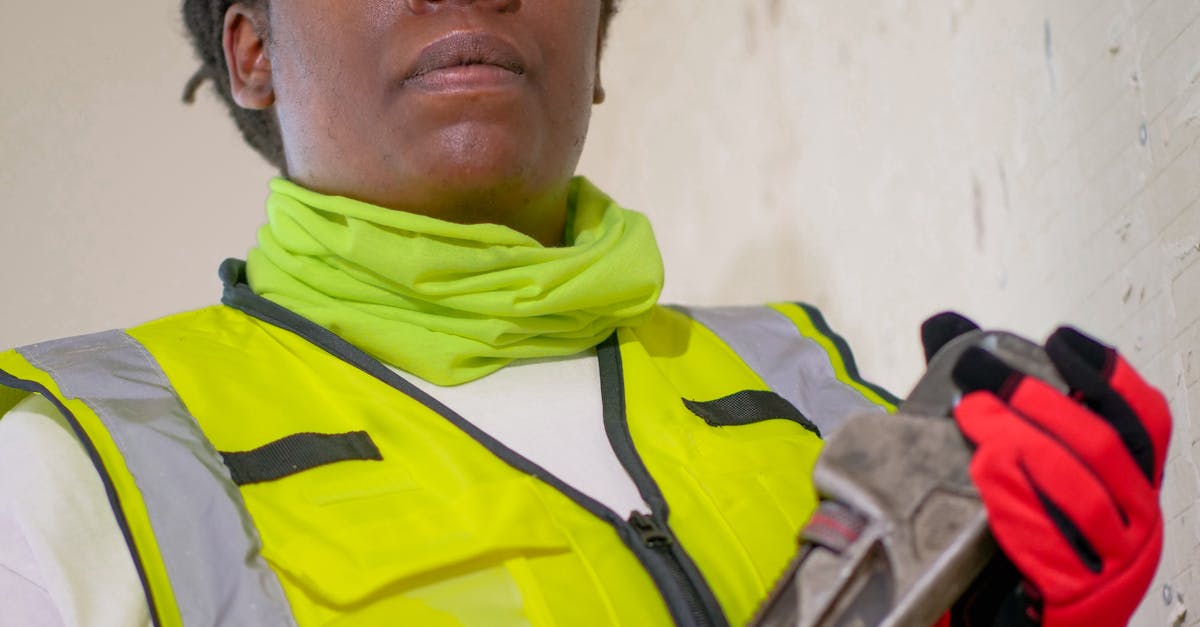
Table Of Contents
WoodFired Water Heaters
Wood-fired water heaters are a traditional yet effective option for providing hot water, especially in rural areas where access to electricity or gas may be limited. These systems use wood as a fuel source, which is abundant and can be harvested sustainably. The process involves burning wood in a combustion chamber to heat water stored in a tank. This type of heating system is valued for its efficiency and ability to produce hot water without relying on conventional power sources.
For those considering this option, water heater installation and repair are crucial aspects to ensure safety and optimal performance. Proper installation can help maximise efficiency and prolong the unit's lifespan. Regular maintenance and timely repairs are essential to address any issues that may arise, such as flue blockages or worn-out components. By ensuring these systems are well cared for, householders can enjoy the benefits of a reliable hot water supply and an environmentally friendly heating solution.
Traditional Heating Methods
Traditional heating methods for water heaters have long relied on fossil fuels such as natural gas and electricity. These options are common in many households across Australia, offering reliability and efficiency. Natural gas systems often heat water quickly, providing a consistent supply for everyday needs. Electric water heaters, on the other hand, are widely available and can be less expensive to install, making them popular for various settings.
Water heater installation and repair are often straightforward processes, particularly for traditional models. Skilled technicians familiar with these systems can efficiently handle maintenance and troubleshooting. Regular servicing can help ensure optimal performance and longevity, which is crucial for both energy efficiency and cost savings. Homeowners should be aware of the options available and consider factors like fuel availability and usage patterns when selecting a system.
Coal Water Heaters
Coal water heaters provide a reliable option for households seeking an efficient heating solution. These units harness the energy produced during the combustion of coal, transferring heat to water for various domestic purposes. Although traditional in many regions, coal water heaters have fallen out of favour in some areas due to environmental concerns. Nevertheless, they remain a viable choice for those looking to utilise readily available resources.
Water heater installation and repair for coal units requires a certain level of expertise. The process involves ensuring appropriate ventilation and compliance with safety standards, given the potential emissions related to burning coal. Proper maintenance is crucial to ensure the longevity of the heater and to minimise any negative environmental impact. Familiarity with local regulations regarding coal use can also inform homeowners' decisions about this type of water heating system.
The Role of Coal in Heating
Coal has played a significant role in heating applications for many years. Its abundance and relatively low cost make it a popular choice in various regions. When used in water heaters, coal provides a consistent heat source, allowing for efficient water heating even in colder climates. The infrastructure for coal-based heating is well established, with many industries relying on it for their energy needs.
Water heater installation and repair for coal systems can be more complex compared to other fuel sources. This complexity arises from the need for proper ventilation and ash removal systems to ensure safe and effective operation. However, with the right expertise, these systems can be efficiently maintained, providing a reliable solution for heating water in both residential and commercial settings.
Biogas Water Heaters
Biogas water heaters offer an eco-friendly alternative to traditional heating systems. They harness the power of biogas, which is produced through the anaerobic digestion of organic materials such as food waste and agricultural by-products. This renewable source of energy not only reduces reliance on fossil fuels but also contributes to a significant decrease in greenhouse gas emissions. The efficiency of biogas heaters makes them a viable option for homes looking to maintain environmentally sustainable practices while enjoying the convenience of modern heating technology.
For households considering this option, water heater installation and repair are essential services to ensure optimal performance. The installation process requires specific expertise to set up the biogas system safely and effectively. Regular maintenance and repair are crucial to avoid potential issues, as the performance and longevity of the equipment depend on the quality of service it receives. By opting for biogas water heaters, homeowners can enjoy cost-effective energy solutions that also promote sustainability in their communities.
Sustainable Fuel Options
Sustainable fuel options for water heating systems are becoming increasingly popular due to their environmental benefits and potential cost savings. Biogas, derived from the anaerobic digestion of organic materials, presents a viable alternative to traditional fossil fuels. This renewable energy source significantly reduces greenhouse gas emissions while also providing a consistent energy supply. As the demand for eco-friendly solutions grows, water heater installation and repair services are adapting to incorporate these systems, allowing households to transition to greener technologies.
Another sustainable option gaining traction is the use of solar energy for heating water. Solar water heaters harness the sun's energy, offering a renewable, low-emission solution. With advancements in solar technology, these systems are more efficient and cost-effective than ever before. As homeowners explore sustainable energy solutions, the role of water heater installation and repair becomes crucial in ensuring that these systems are correctly set up and maintained for optimal performance.
FAQS
What are the main types of fuel sources used for water heaters?
The main types of fuel sources for water heaters include wood, coal, biogas, electricity, and natural gas. Each type has its own advantages and disadvantages depending on efficiency, cost, and environmental impact.
How do wood-fired water heaters work?
Wood-fired water heaters use wood as a fuel source to heat water. The wood is burned in a combustion chamber, generating heat that is transferred to the water, typically via a heat exchanger.
Are coal water heaters still commonly used?
While coal water heaters were once popular, their usage has significantly declined due to environmental concerns and the availability of cleaner energy sources. However, they are still in use in some areas, particularly where coal is abundant and affordable.
What are the benefits of using biogas for water heating?
Biogas is a sustainable and renewable energy source produced from organic materials. Using biogas for water heating can reduce greenhouse gas emissions, lower energy costs, and contribute to waste management by utilizing waste materials.
How do I choose the best fuel source for my water heater?
Choosing the best fuel source depends on various factors, including your local energy prices, availability of fuel types, environmental concerns, and the specific heating needs of your household. It's important to consider both the initial investment and long-term operating costs.







